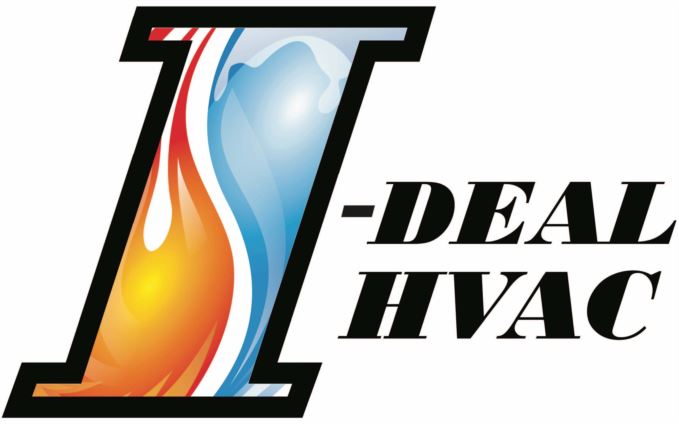
If you’re uncertain whether your Albuquerque residence has poor indoor air quality (IAQ), it possibly does.
We are indoors a lot. As a matter of fact, we’re in a building up to 90% of the time, according to the U.S. Environmental Protection Agency. And the air inside residences could be 2–5 times more polluted than outdoors, which can create long-term health concerns.
Most Common Sources of Bad IAQ
We’ve compiled a list of the most frequent origins of inferior IAQ, the problems they create and how you can fix these indoor air pollutants. If you’re concerned about the air inside your house, we recommend chatting with a specialist like I-Deal HVAC about which products are ideal for your house.
Volatile Organic Compounds
Volatile organic compounds, or VOCs, are fumes released by common household items.
They’re found in paint and stains along with:
- Furniture
- Carpet
- Building materials
- Cleaning products
- Cosmetics
- Air fresheners
- Candles
When these vapors accumulate in your home, they can irritate your eyes, nose and throat. They can also result in headaches and nausea. Regardless of whether your home is in a rural or industrial space, an EPA study found indoor levels of these pollutants can be 2–5 times greater than the air outside.
Always use the manufacturer’s guidelines when applying paint or spraying cleaning products. Cracking a window can help vapors disappear faster.
Air purification systems can also make it better. This unit partners with your heating and cooling equipment to enhance indoor air. When seeking a model, ensure it’s specifically designed to eliminate VOCs.
Dust and Pet Dander
Dust and pet dander can aggravate health problems like asthma and allergies, especially when it constantly gets redistributed by your home’s comfort equipment. While you can vacuum more routinely and install an improved air filter, an air filtration system could be a better solution.
This equipment hooks to your comfort equipment to deliver powerful filtration. Some kinds have hospital-level filtration for eliminating particles and bioaerosols.
Persistent Odors
Newer houses are closely sealed to boost energy efficiency. While this is good for your heating and cooling bill, it’s not so good for your IAQ.
Musty odors can stick around for a greater amount of time since your house is pulling in a smaller amount of fresh air. Because keeping your windows open throughout the year isn’t an option, here are two approaches you can make your indoor air smell cleaner.
An air purification system is put in your ducts to eliminate odors before they are redistributed. Find one with a carbon filter and the ability to break down damaging VOCs. These units can also help keep your family healthy by eliminating most bacteria and normal allergy triggers like pollen and mold spores.
A ventilation system takes out musty indoor air and replaces it with crisp outdoor air. There are two kinds of equipment (heat recovery and energy recovery), so check with our professionals for more details on which kind is best for your residence.
Uneven Humidity
It’s essential your home’s humidity keeps even. Air that has too much moisture can create mold, while dry air can create respiratory concerns.
Our technicians suggest 40–50% for the best comfort. To keep yours in balance, think over getting a whole-home humidifier or whole-home dehumidifier with your heating and cooling system.
In place of having to pull a humidifier from room to room, this equipment delivers consistent humidity across your house.
Carbon Monoxide
Carbon monoxide is colorless gas you can’t smell. It occurs when there’s insufficient combustion in fuel-burning equipment, like gas heating systems, water heaters or fireplaces.
It presents an extreme health risk. In small levels, it can lead to flu-like ailments like headaches and nausea. It can be fatal in heavy levels.
We recommend annual furnace maintenance to ensure your equipment is working properly. This work allows our techs to find issues before they begin, including malfunctions that can lead to carbon monoxide leaks.
The best approach to keep your home free of carbon monoxide is to put in detectors. These alarms should be on all floors close to bedrooms and living spaces.
Better Your Residence’s Air Quality with the I-Deal HVAC Specialists
Aware that your house has poor air quality but not sure how to make it better? Or unsure which option is best for you? Give our kind HVAC specialists a call at 505-317-9598 or contact us online now. With free estimates and expert service, we’ll help you locate the right equipment for your family and budget.
